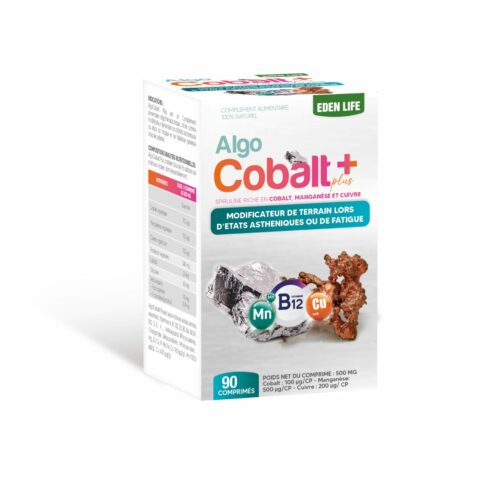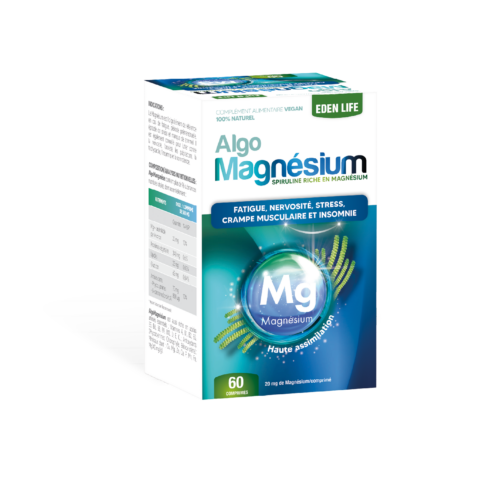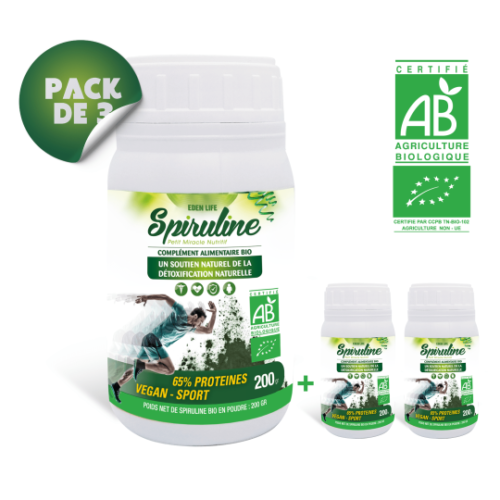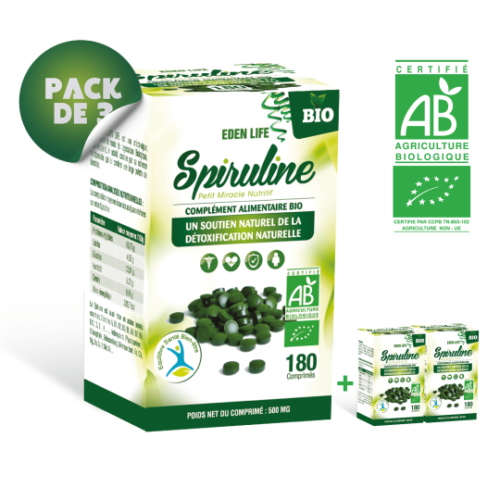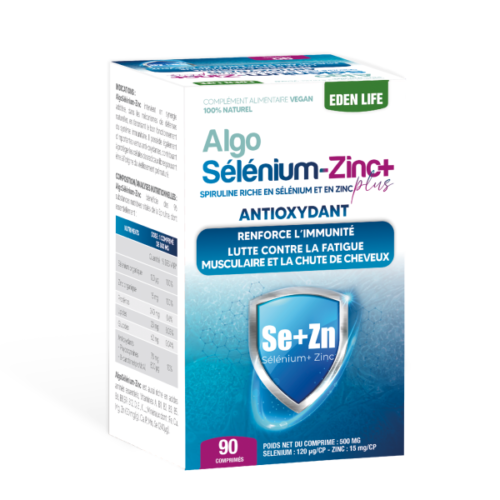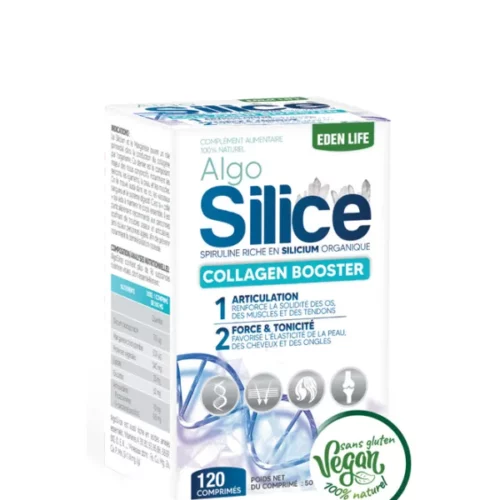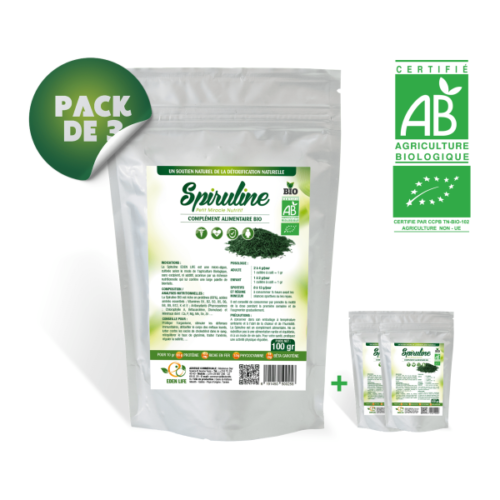
In this article, we’ll explore the various stages of the Jellinek Curve. Whether you’re seeking to identify your current stage or gain a deeper understanding of the recovery process, this will clarify the complexities of addiction. Alcohol use disorder can include periods of being drunk (alcohol intoxication) and symptoms of withdrawal. The affects can range from dementia and intellectual functioning to debilitating conditions that require long-term care, even if a person has been sober for a period of time.
Hear From Our Addiction Experts
This cycle can repeat through relapses, but it can also be broken with the proper support and intervention. Discover if trazodone can be addictive, its impact on mental health, withdrawal symptoms, and more. Discover the devastating three krokodil effects, from skin damage to mental health consequences. Unveil the long-term effects of alcohol on your health, from heart issues to mental health impacts.
- Their brain is changing—and without help, there can be serious long-term consequences.
- Late-stage, or end-stage alcoholism, is a full-blown addiction to alcohol, almost always requiring alcohol detox to start recovery.
- Blackout episodes, where the individual does not remember what they’ve said or done while drinking, may occur.
- Additionally, creating supportive environments and providing resources can aid in addressing alcohol addiction effectively.
- As their dependence on it grows, they can feel sick, irritable, and unfocused until they have more.
Recovery

End-stage alcoholism, also known as late-stage alcoholism, is the most severe. A private oceanside center treating addiction and co-occurring mental health with tailored plans, evidence-based care, fun beach activities, and support for working professionals. It is essential to recognize the importance of these strategies in order to reduce the impact of alcohol addiction on individuals and society as a whole. By understanding the stages of alcoholism, individuals and their loved ones can better recognize early signs and seek necessary help before the situation escalates to a critical level. The American Psychiatric Association classifies alcohol use disorders as mild, moderate or severe depending on how many diagnostic criteria a person meets. Each of the 11 diagnostic criteria the association uses is a problem related to alcohol use.
Medical Professionals
For a person who drinks occasionally, this adaptation is distinct and temporary. But for a person who drinks heavily, the body adapts the majority of the time. This can make it more difficult to show the effects of intoxication. Eventually, their tissue cells may become dependent on alcohol to function normally. A person with severe AUD will almost always experience symptoms of withdrawal when the alcohol in their body begins to wear off. These stages may lead to alcohol use disorder in some people.
- The fly noticed itself slipping deeper into the pitch, but a few more sips seemed okay – after all, the fly has wings and could fly out any time.
- Hosted by Amy Morin, LCSW, this episode of The Verywell Mind Podcast shares strategies for coping with alcohol cravings and other addictions, featuring addiction specialist John Umhau, MD.
- There are inpatient and outpatient options, but an addiction specialist should determine the best level of care for you based on your individual needs.
- “Do I have a hangover or alcohol poisoning?” Unravel the difference and know when to seek help.
- Discover the reasons people may become codependent and learn effective strategies for recovery.
The Importance Of Sleep During Recovery

To effectively prevent and address alcohol addiction, early intervention and education are crucial. By identifying and addressing risk factors and warning signs at an early stage, individuals can make informed choices about their alcohol consumption and seek help if needed. Promoting healthy choices and increasing awareness about the consequences of excessive alcohol use also play significant roles in prevention.
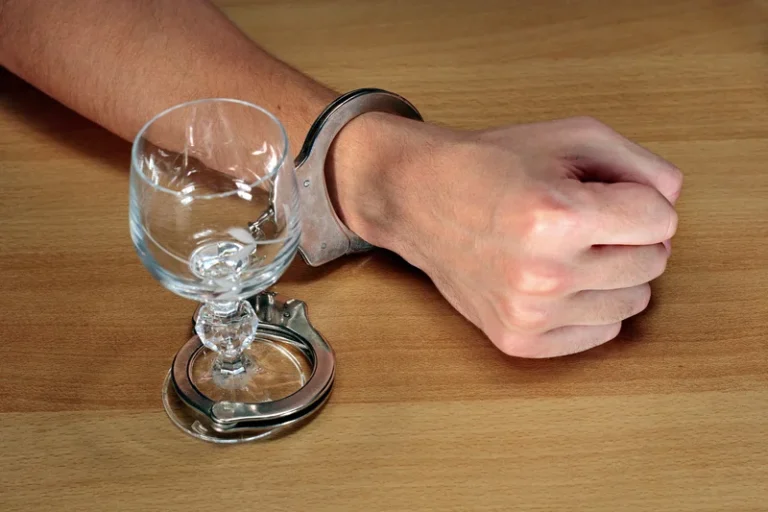
The Empowering Steps of Addiction Recovery
- This is of particular concern when you’re taking certain medications that also depress the brain’s function.
- The recovery and rehabilitation stage involves treatment, therapy, and aftercare programs.
- It can be life-threatening, causing serious medical issues like seizures and hallucinations that require immediate medical care.
- The person’s experience is positive, and they don’t perceive their use to be harmful.
- The fly slides deeper and deeper, eventually finding itself trapped in a place where escape seems impossible.
- The DSM-5 criteria allow for a broader range of symptoms and a more nuanced understanding of individuals’ experiences.
This is a dangerous stage where the user can easily drink too much at any given point due to their high tolerance, or get behind the wheel when they shouldn’t. While the recovery period may be challenging, it’s also filled with milestones that can transform your life into one that’s better than you could have previously imagined. During this period, you can expect to develop new skills you may have never learned that made you more susceptible to AUD in the first place. The mental challenge of this stage is not to let anything make you feel defeated. The abstinence stage typically begins right after you stop drinking.
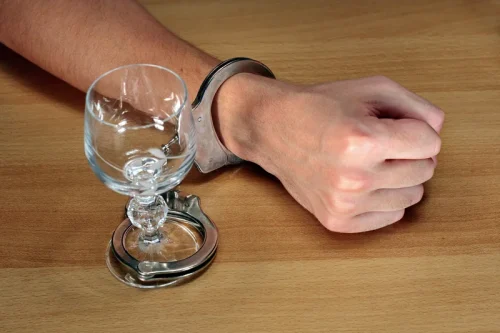
Call HMHI for a free consultation to help you get started on your recovery journey today if you think you are in any stage of alcoholism. At Huntsman Mental Health Institute (HMHI), we treat alcoholism as a disease that alters brain chemistry and has negative impacts on physical health. Our treatment options are customizable to every patient and we provide both inpatient and outpatient treatment. Contact us today to learn more about our alcohol stages of alcoholism treatment programs.
In moderate AUD, a person shows signs of four to five of the symptoms of AUD. The Jellinek Curve reminds us that addiction is not a life sentence but rather a treatable condition with a pathway to recovery. Interestingly, the recovery stage doesn’t flatten out on top.



